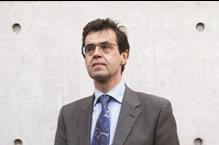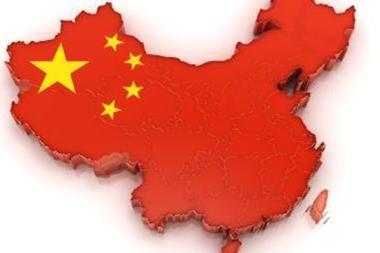Duncan Stephenson explains what lessons the board can learn from Sun Tzu's 2,500 year old text
'If you do not first think about the calamities of danger and destruction, you will not be able to reap any advantage'. These are the wise words of the master strategist Sun Tzu, taken from his work, The Art of War. Written about 2,500 years ago, it rapidly became a classic of military strategy.
For about the last 20 years, it has also been a subject for business studies, as theories of military strategy have been gradually adopted into business thinking. There is a strong case for saying that many boards could reap the benefits of better risk management strategies if they were to pay closer attention to the ancient words of Sun Tzu.
'The art of war is not to make war' is a succinct summary of the work. The art is to win; to get what you want without fighting, and the way you do that is by a deep understanding of conflict. Applied to business, the advice is quite simply that the art of risk management is not to end up facing risks that compromise your strategy.
'Assessments are the first order of business' says one of the commentators to the text, Zhang Yu. And they are. Before doing anything, a risk assessment to identify factors that will militate against achieving strategic objectives, is crucial, because what is determined in these assessments will affect how a company acts.
Sun Tzu shrewdly points out that, 'victorious warriors win first and then go to war, while defeated warriors go to war first and then seek to win'. This underscores that the essential approach to good risk management lies in developing a business strategy, and then assessing the risks to its achievement, before you go out to try and win.
Similarly, Sun Tzu refers to testing the enemy by lightning attacks and then falling back quickly to see if they will follow. If they do, they are just reacting to events; they have no strategy. If they do not, you must deal with them in a different fashion, because they have a plan and their leader is strong enough not to fall for your strategy.
In simple terms, the benefits of initial risk assessment are clear as Sun Tzu states: 'It is easy to take over from those who have not thought ahead.'
Many companies are happy to go through an annual risk assessment, and after all, listed companies are required to do this to conform with the Turnbull guidance on internal control. It is part of good management and corporate governance.
Turnbull suggests that the process should be 'dynamic, continuous, embedded', thereby seeming to agree with Sun Tzu. Calamity can happen at any time, and the need to adapt to changing circumstances will not be met by an annual assessment alone. As Sun Tzu puts it: 'When the generals are haughty and the soldiers are lazy, in their greed for gain they forget that there may be an unexpected turn of events – this is the greatest disadvantage'. This phrase could describe almost any of the corporate disasters of the last 30 years.
Embedding the process is not easy. It requires skill and application; 'the ability to gain victory by changing and adapting ... is called genius'. Good business leaders will do it through intuitive management, but in large corporations, structured risk management processes are what enable risks to be perceived early, and then acted on.
It is also important that companies consider the real context of risk. External risks may appear uncontrollable, but that does not mean you cannot manage the situation or develop a strategy. The risk must be seen in terms of how it might affect the business. Sun Tzu refers to the conditions of the battlefield, the ground: 'Roll rocks down a ten thousand foot mountain and they cannot be stopped – this is because of the mountain, not the rocks'. The ground, the environment the risk is in, is key.
The benefit of regular risk assessments is that they give you the option to do nothing, but to do it from a position of awareness. Alternatively, you can exploit the risk and turn it to your advantage. In this case, you need to time it right, and you need to act swiftly – 'come like the wind, go like lightning', as Sun Tzu remarks.
When Sun Tzu is set in the context of business, he seems highly relevant and yet little followed. A continuous, active awareness of what could go wrong, coupled with timely, speedy action, is the essence of the Art of War.
Duncan Stephenson is risk management director, KPMG, Tel: 0113 231 3969, E-mail: duncan.stephenson@kpmg.co.uk



















